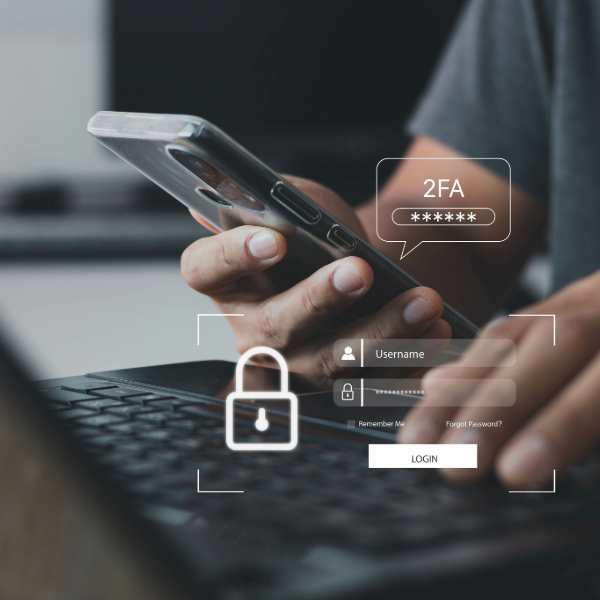I’m 17 years old and I want to share my experience regarding the difficulties I faced with my boyfriend regarding the correct use of contraceptive measures.
Both of us were poorly prepared on the topic of contraceptives; the lack of knowledge made everything more complicated.
At first, we were both shy and embarrassed. The lack of sexual education, even practical, left us at the mercy of our uncertainties.
We had decided to have full sexual intercourse, but what worried us the most was the poor and vague knowledge of how to actually choose and use contraceptive measures. The risk of getting pregnant created anxiety and tension.
The best choice would have been to go to a gynecologist, but being underage, I would have had to be accompanied by a parent. Surely, that wasn’t a feasible option.
My adolescence was marked by a lack of openness from my parents regarding sex. Conversations on this topic were avoided.
With my boyfriend, we decided to educate ourselves by watching videos and searching for answers online, so as not to rely on the advice of friends whom we had no intention of involving anyway.
The vastness of available resources literally bewildered us. I was aware that you can find a bit of everything online. So, how do you choose which sources are safe, reliable, and educational?
We consulted forums and blogs, watched videos seeking advice on which contraceptive was best for us.
We discovered that some websites provided inaccurate information, creating further confusion. Online research can be a slippery slope!
Investing time in digital education and learning to assess the credibility of sources is a fundamental skill in today’s world. I believe that schools should reconsider their approach to both sex education and digital literacy. Critical evaluation of online sources and materials is crucial. The web has become a knowledge tool for everyone. We should navigate it cautiously to access information with greater peace of mind.

